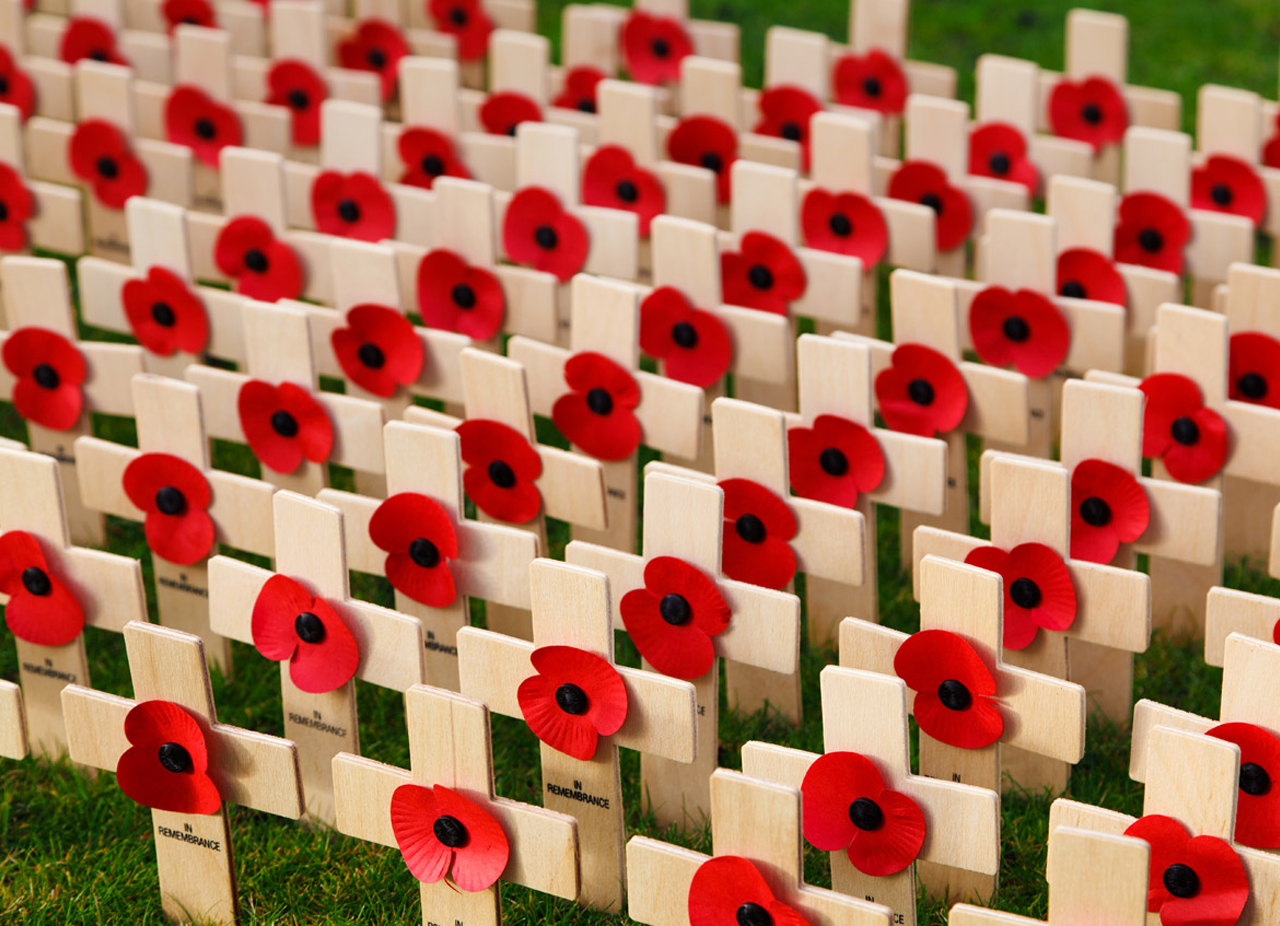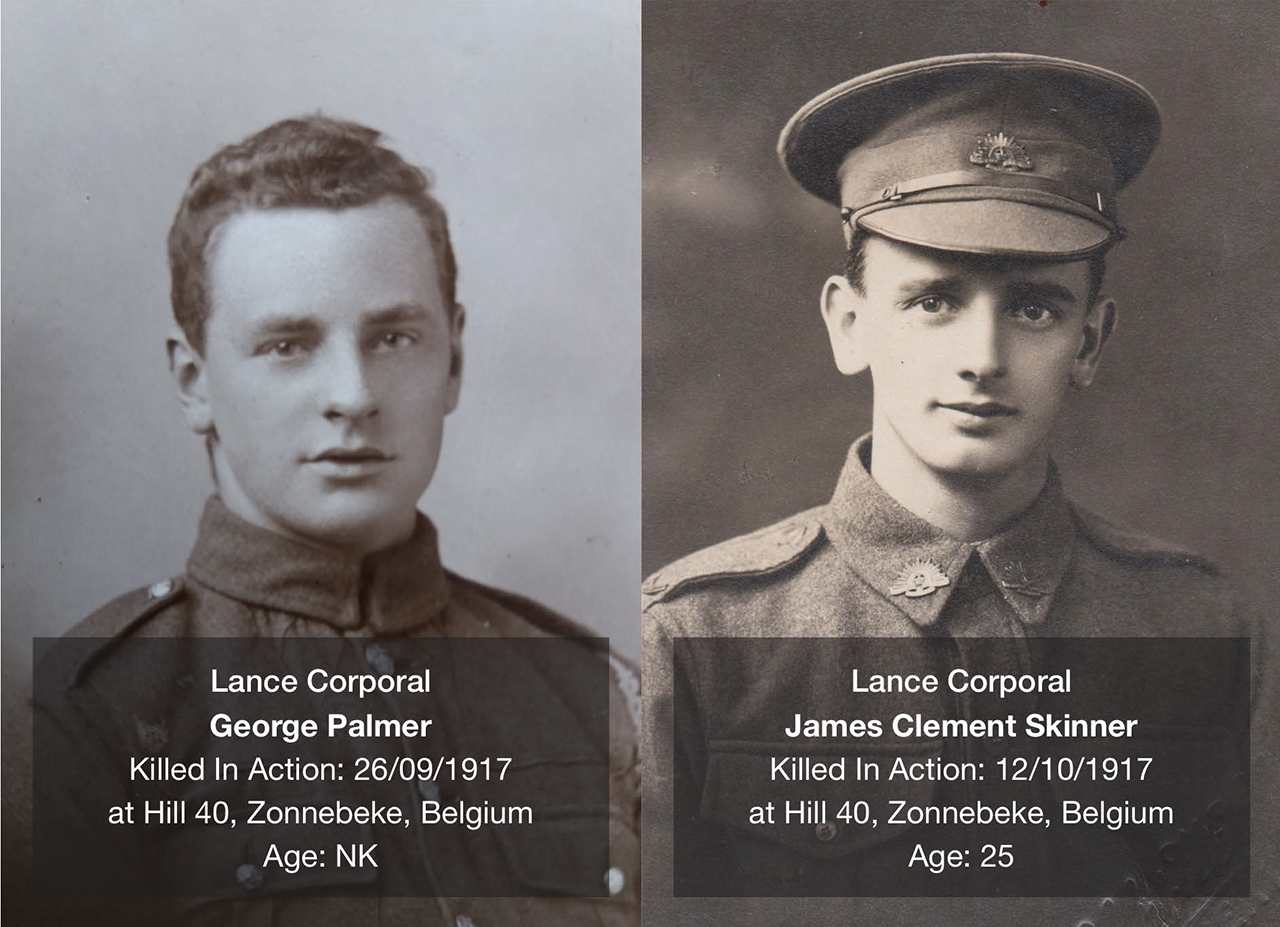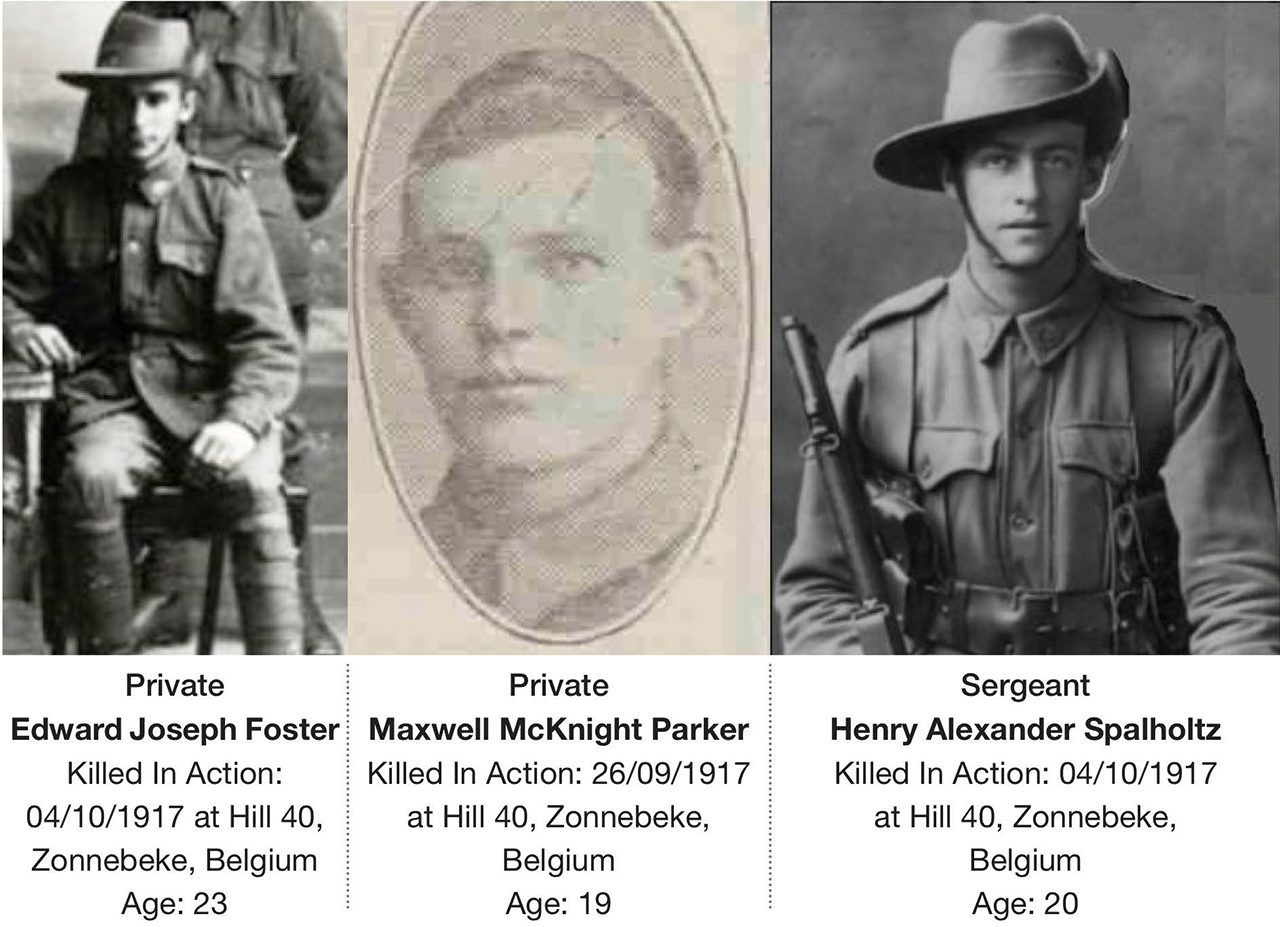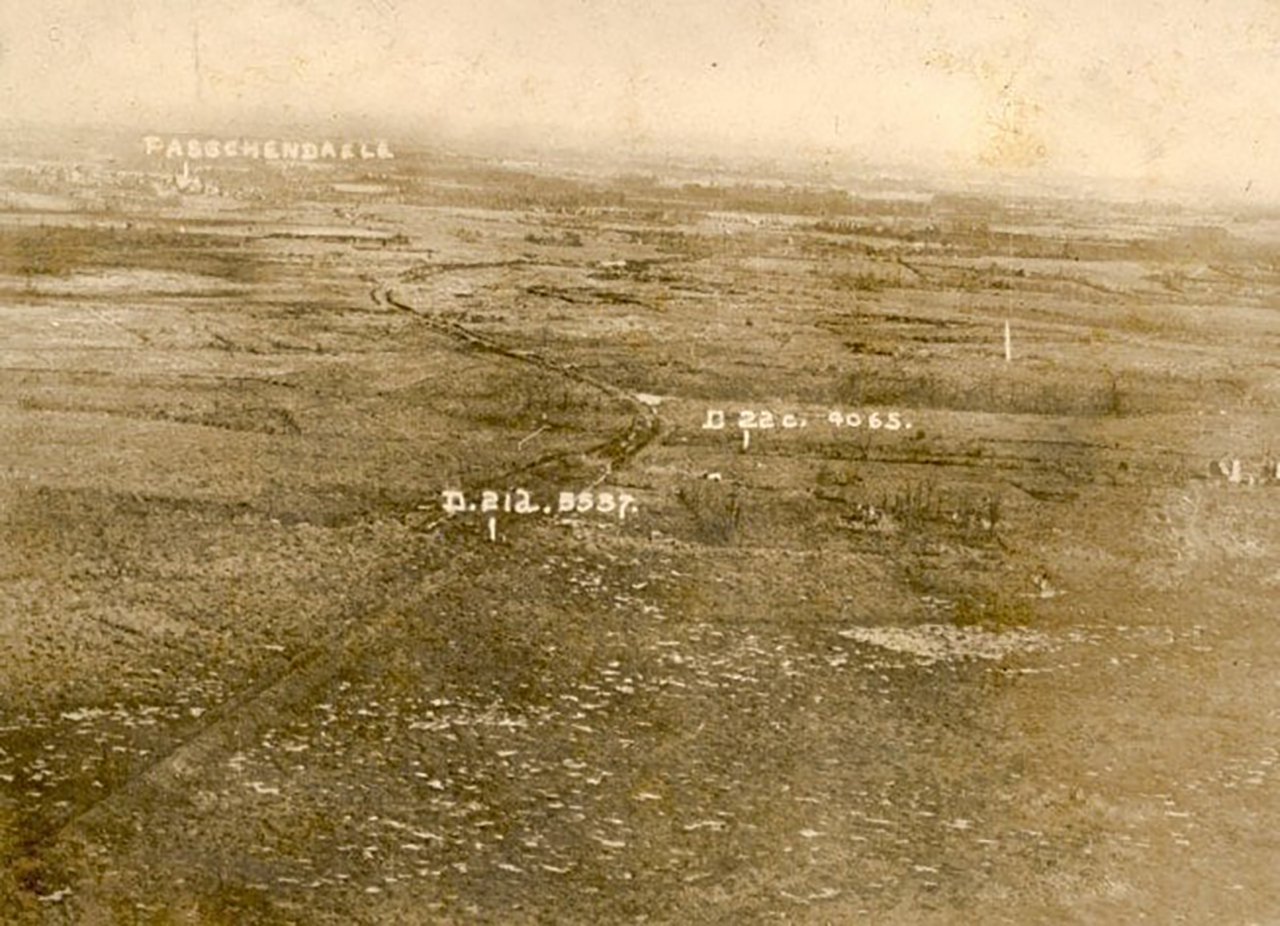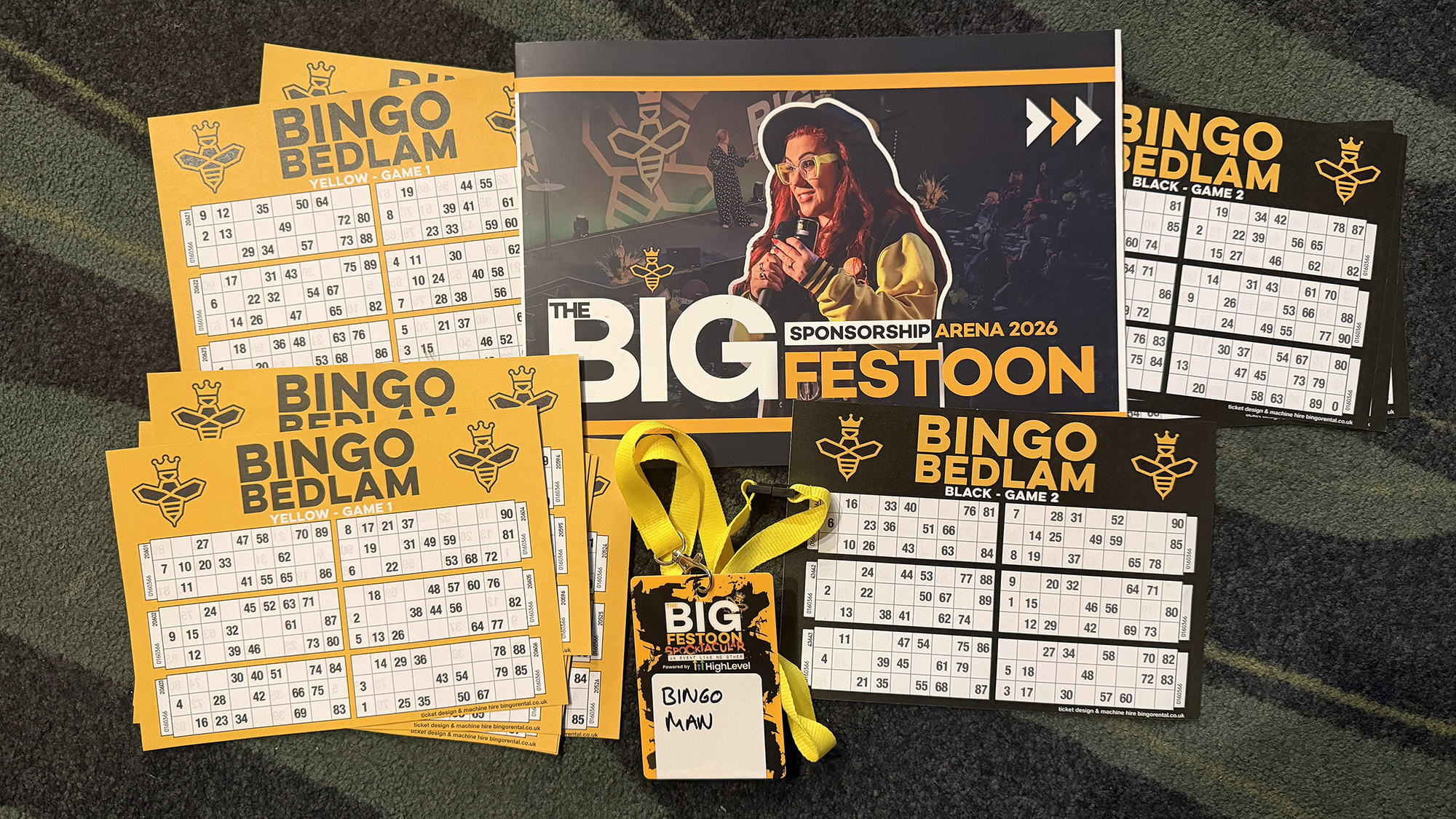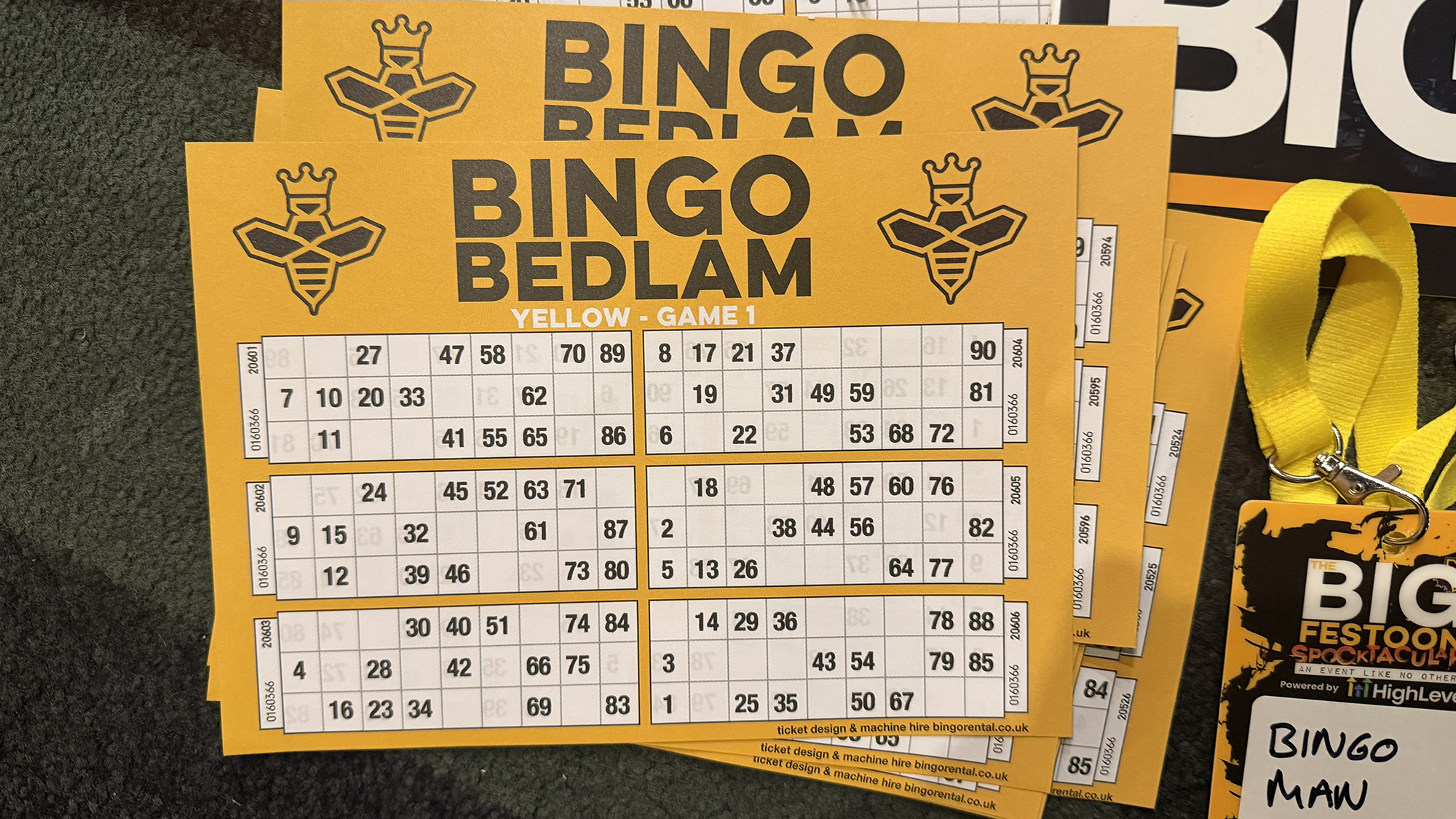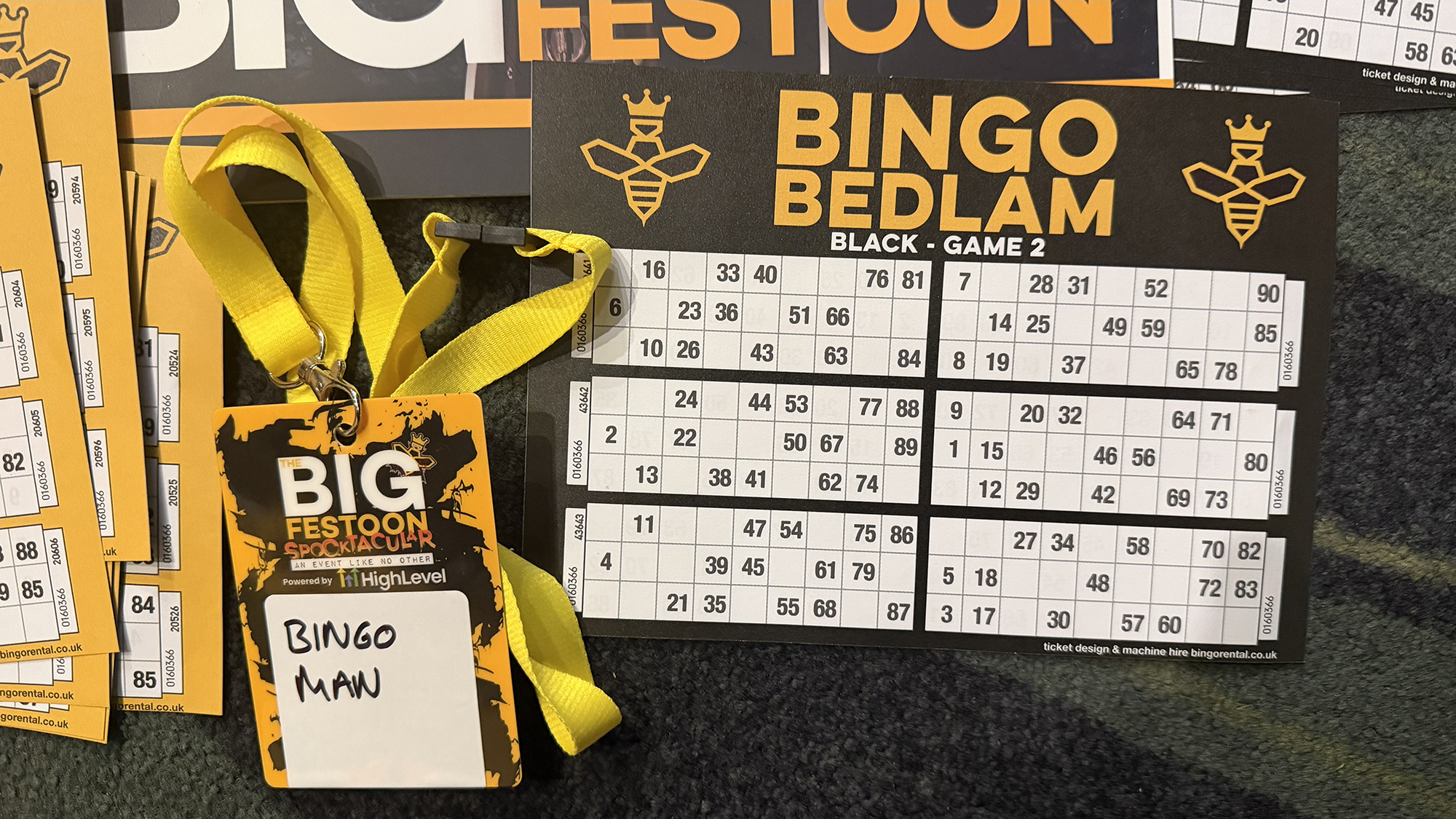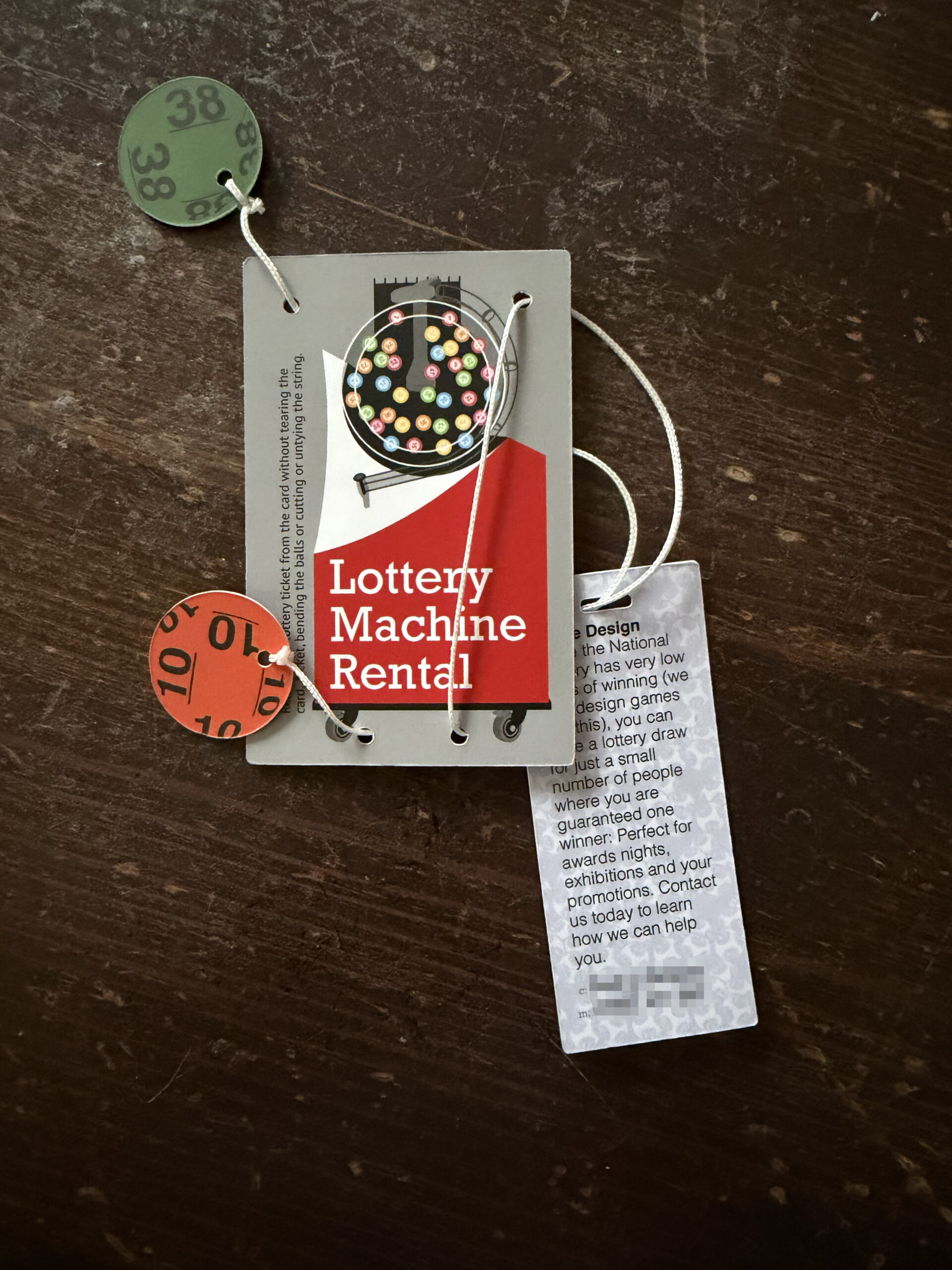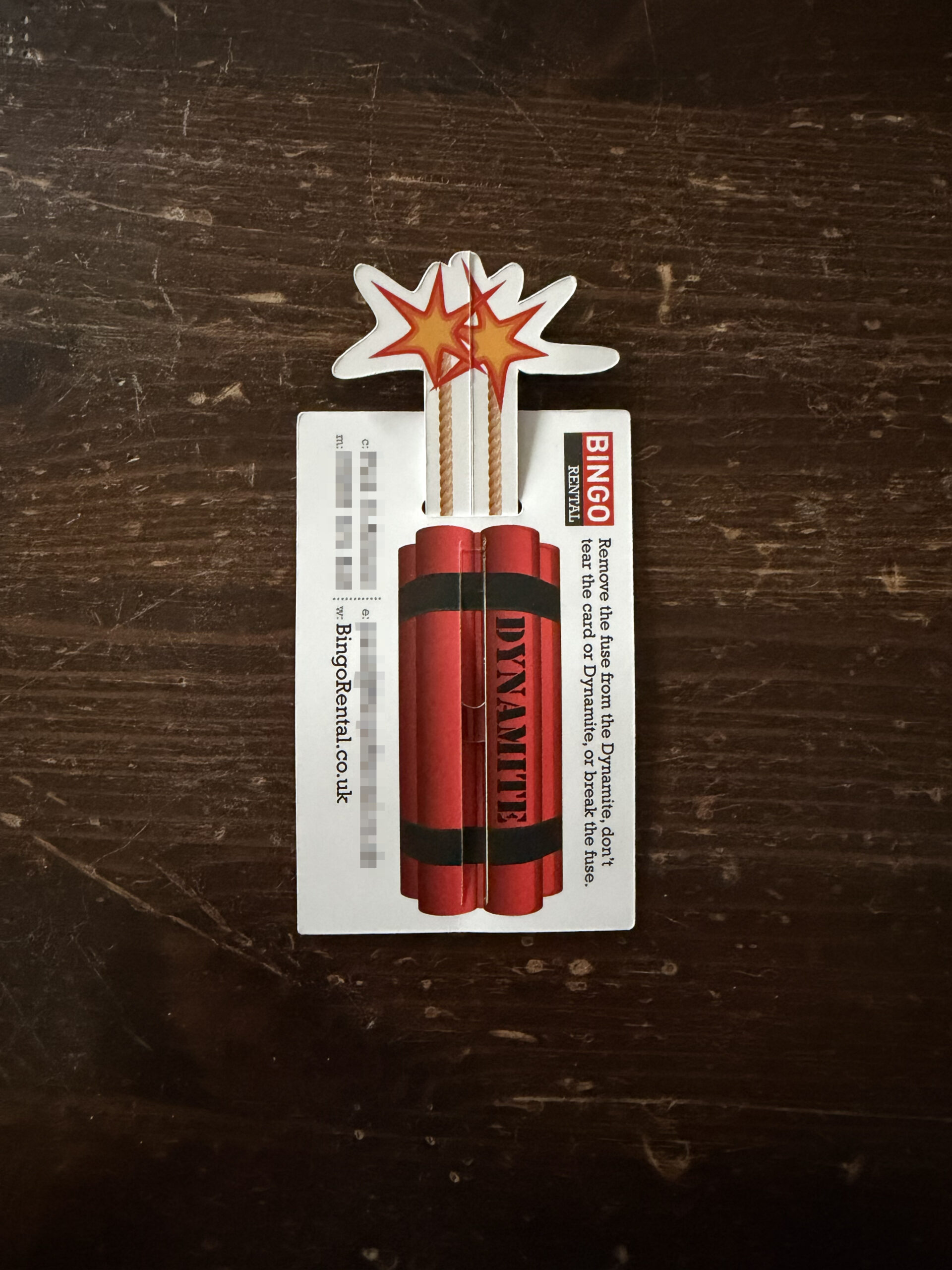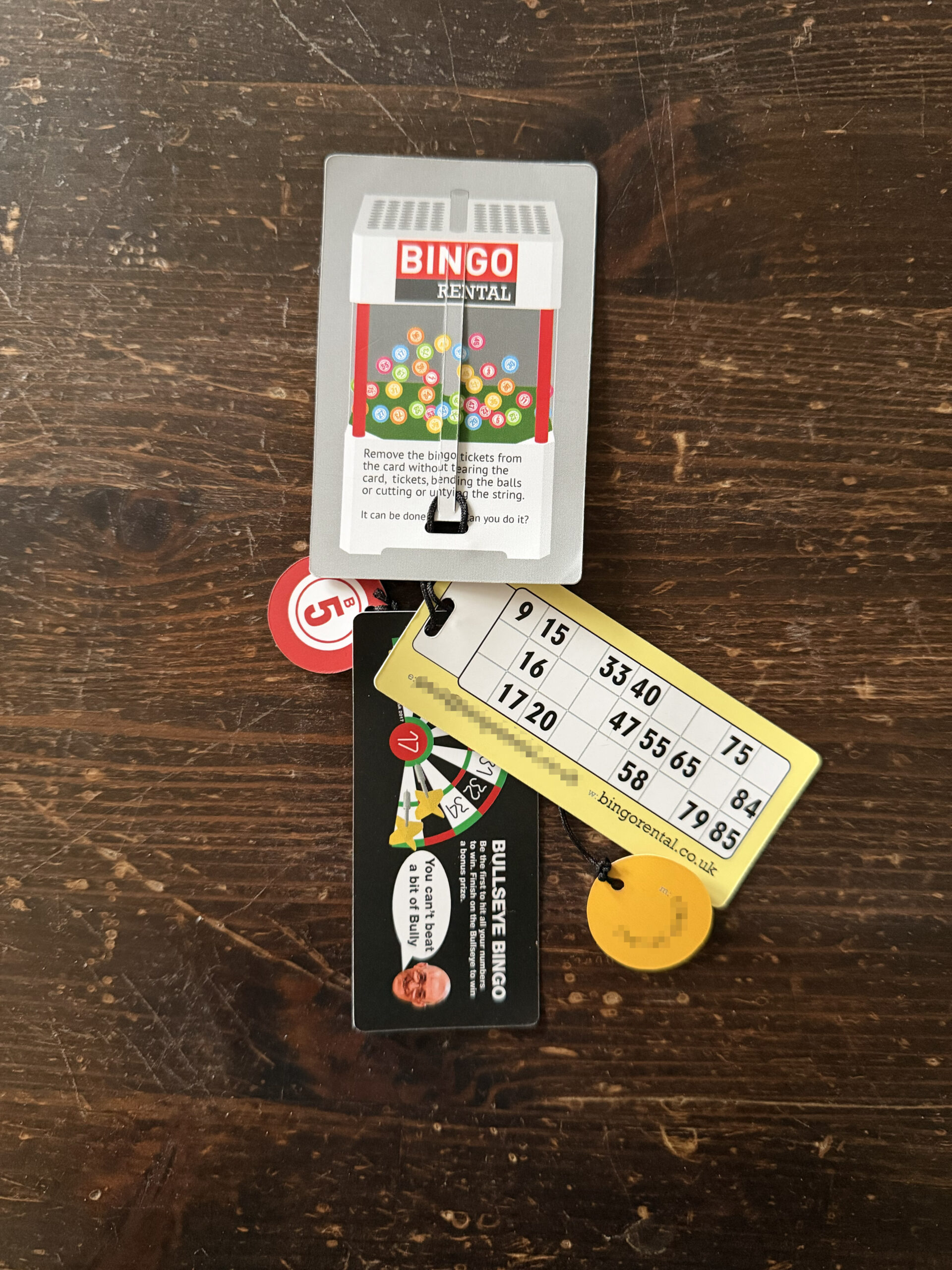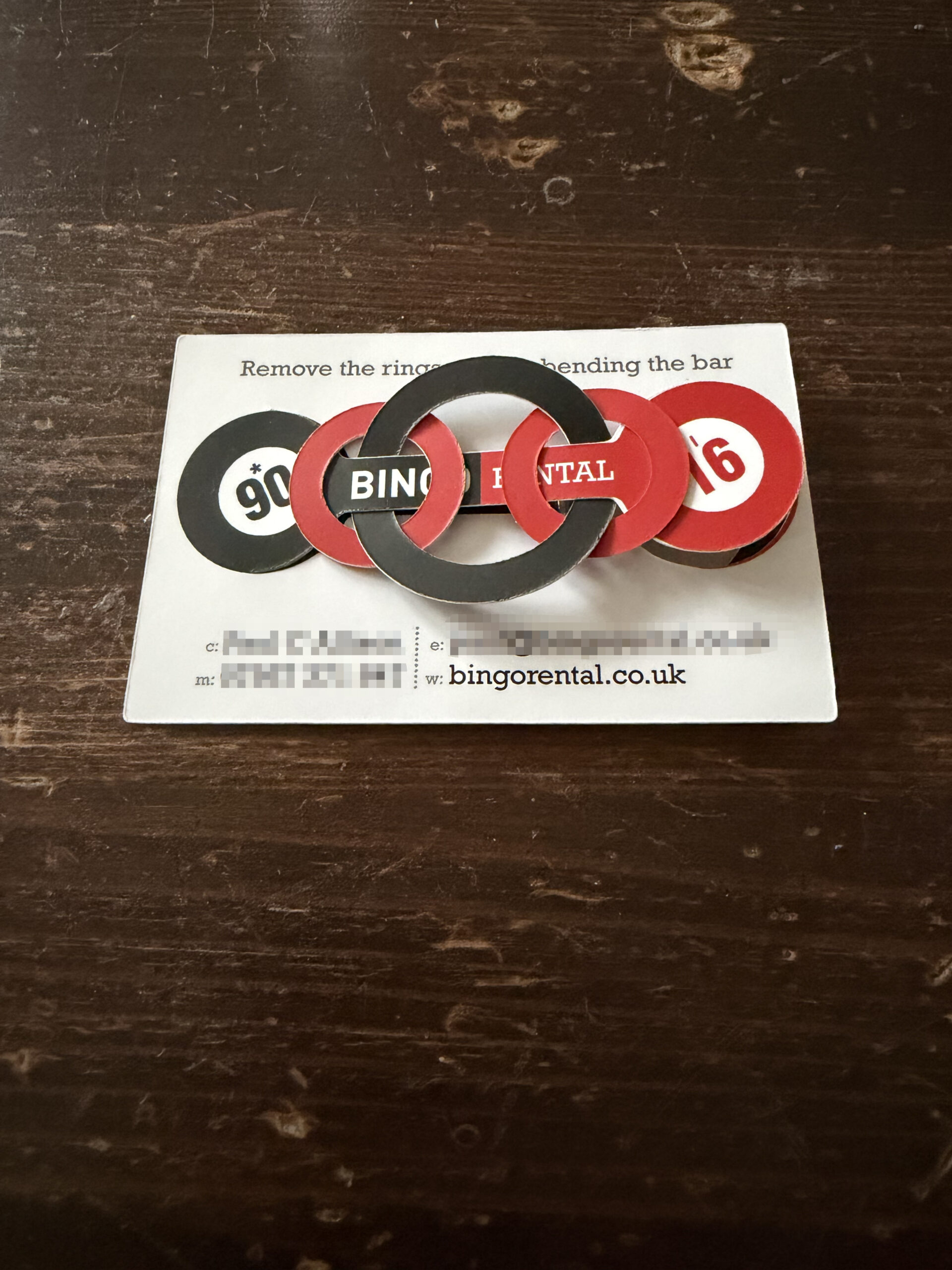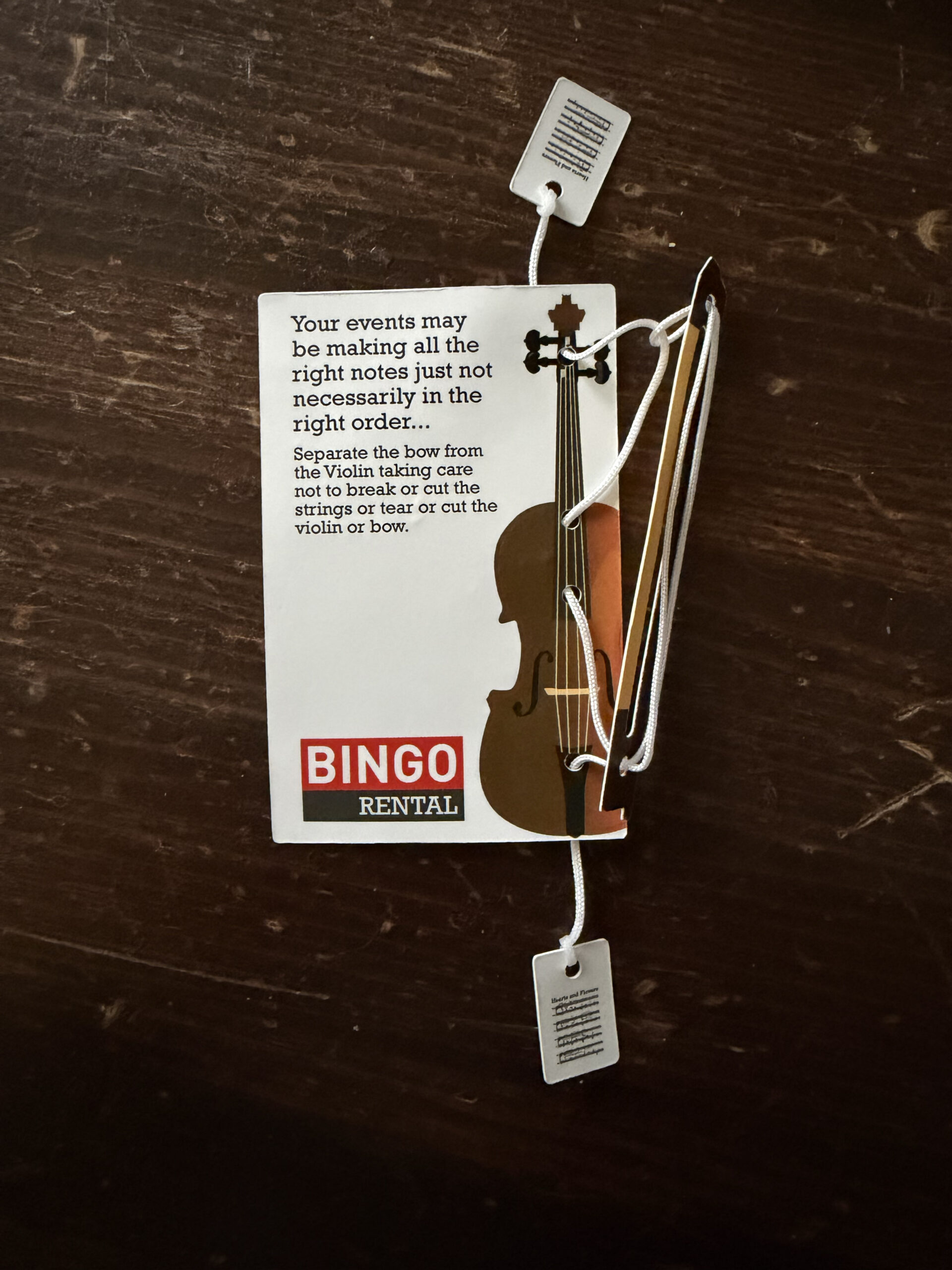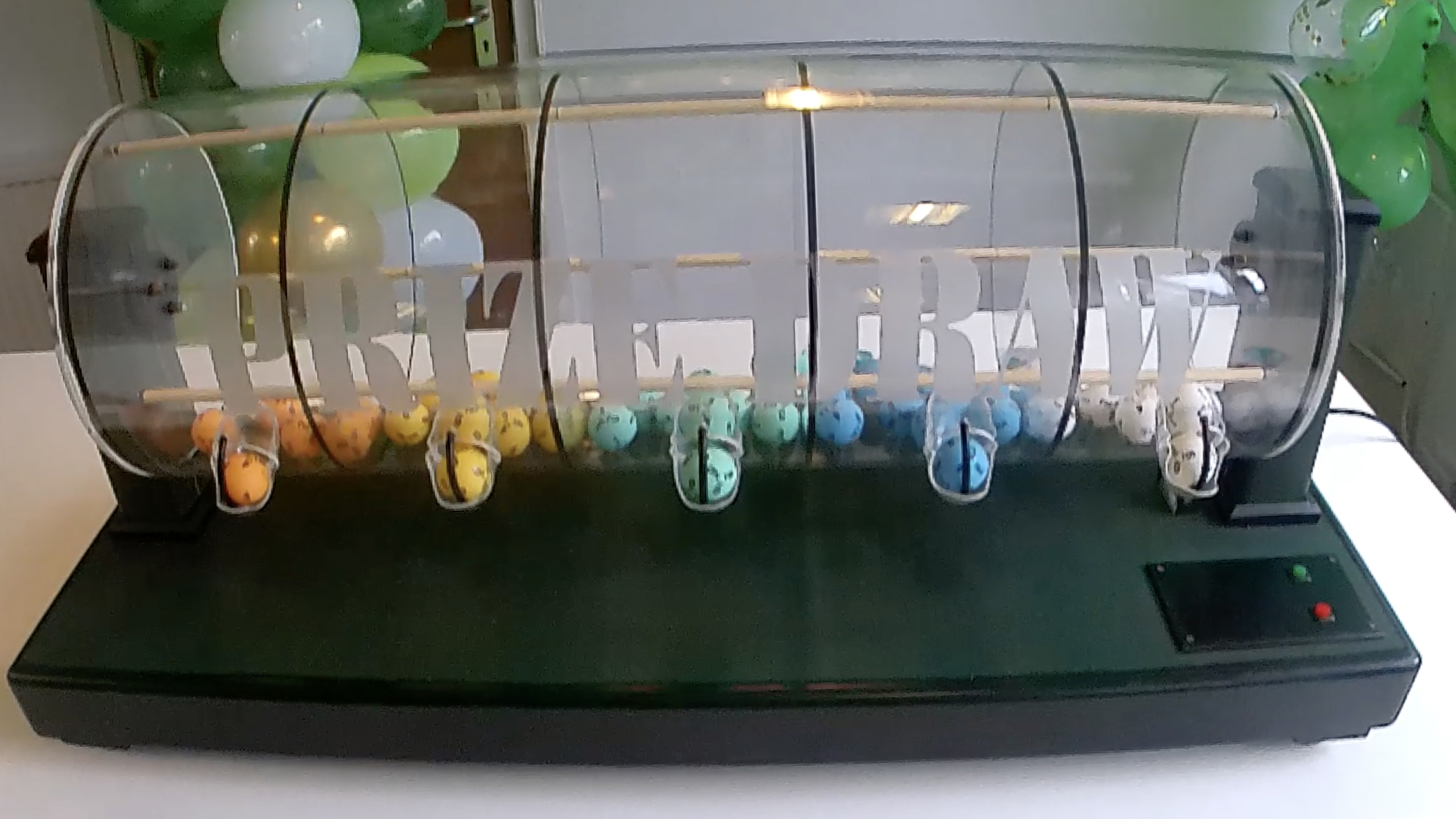How To Play Bingo
We have got our bingo ticket and dabber ready, so let's play bingo. First, when marking off the numbers, ensure that they are still legible - if they are unreadable, then your ticket will be voided. Dabber ink is see-through. If you are using a pen, one tip is to either circle or underline the number. The caller will tell you what game you are playing and whether it is a line, two lines or a full house to win and what the prize is. Caller, “We are playing the red game on your card for a line, for a bottle of wine” Caller, “Eyes down, look in, and the first number is: three and seven, thirty [...]
102 Days – The Battle of Passchendaele
The 10th of November 2025 is the 108th anniversary of the Battle of Passchendaele or the Third Battle of Ypres. It started on 31 July and ended on 10 November 1917. 102 days of bloodshed. During that time, the Allies lost approximately 250,000 men. Passchendaele became synonymous with mud, blood and futility. The battle took place for control of the ridges south and east of the Belgian city of Ypres in West Flanders. The high ground in the Ypres Salient offered vital observation points, making small hills strategically important and the focus of intense, costly local engagements throughout the war. Hill 40 was one such hill. Part of the Battle of Polygon Wood. It saw fierce [...]
Bespoke Bingo Tickets for the Big Festoon Bingo Bedlam
I'm just at an event at Bolton Wanderers with our Monet Bingo machine, which is perfect for venues like this. Tonight, the I Am The Queen Bee (IATQB) conference will play a few zany bingo games, making for the perfect end to the first day of The Big Festoon. Uniquely, the organisers wanted multiple winners per game, so as well as supplying the bingo machine, we designed and printed the bingo tickets for the event. We are the only bingo hire company that can design and print bingo tickets. We can also develop raffle and lottery draws, as well as design and supply the tickets. We frequently use commercial bingo tickets, but we can also provide a [...]
Combination Draw Example
For this example, we are going to use a four from eight draw, that is, drawing four balls from 1 to 8; this gives you 70 combinations. If you issue tickets with all seventy combinations and draw four numbers, you are guaranteed just one winner. For this demonstration, we have created 14 tickets with five lines each, covering all 70 combinations. Every ticket has 'five' chances to win. We have also mixed up the combinations so every ticket has the numbers 1 to 8 at least once. Combination Draw Example: a four from eight draw gives you 70 combinations; here are 14 tickets, each with five lines, covering all 70 combinations. All the tickets have [...]
Are Business Cards Dead?
Do you still use traditional business cards? Post COVID, are they still relevant? Some people have now moved to NFC cards to give their details out automatically, and a few use QR codes in the same way. Twenty years ago, at a conference in the US, I had a conversation with two fellow attendees who told me about a salesman who had cards that cost $40 each. He was a freelancer who specialised in maximising sales at conferences and exhibitions and used his card to land lucrative exhibition stand jobs. I never met him, nor did I see his card. But the story always intrigued me. Over the years, I have revisited the idea of having something [...]
Lottery Draw Types
There are several different draw types you can use for a lottery: Sequentially numbered draws and combination draws. Sequentially numbered draws. The most common, because it is the easiest to understand and execute, is a sequential number draw: You sell 200 numbered tickets. Then you draw the winner. Sequentially numbered draws are the most common because they are the easiest to understand and execute. If you use a ball machine to draw the winner, you very quickly run into a few issues: First, you need to verify the draw, so someone has to check that you ran it correctly, that all 200 balls were indeed in the machine, and that there is no disparity between the [...]

